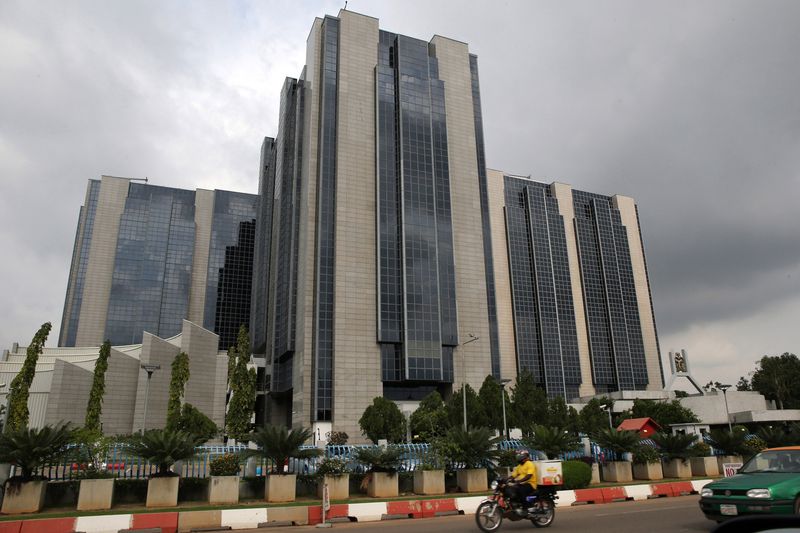Finance
CBN Fines First Bank, 27 Others N1.4trn to Mop up Excess Cash

- CBN Fines First Bank, 27 Others N1.4trn to Mop up Excess Cash Holdings
The Central Bank of Nigeria (CBN) has fined about 28 financial institutions a total sum of N1.4 trillion or $3.9 billion to reduce excess cash in the banking sector, curtail rising inflation and support the Nigerian naira.
The central bank had raised Cash Reserve Ratio (CRR) by 500 basis points to 27.5 percent in January to cut down on banks’ cash holdings and reduce the money in circulation to moderate rising inflation numbers.
It should also be recalled that the apex bank restricted banks’ participation in the fixed income market late last year and raised loan-to-deposit ratio to 60 percent to ensure more money goes to the real sector of the economy.
However, the apex bank discovered that despite the measures put in place some of the banks still have excess cash above the stipulated CRR. Hence, why the 28 commercial and merchant banks with excess cash were fined a combined N1.4 trillion.
Zenith Bank was fined the most at N355.95 billion. Followed by First Bank and United Bank for Africa’s N208.1 billion and N204.76 billion, respectively.
Standard Chartered Bank and Stanbic IBTC were charged 120.65 billion and N143.97 billion, respectively. While other financial institutions account for the rest of the fine.
Nigeria’s economy has nosedived in recent weeks and predicted to contract by at least 3.4 percent in 2020 following the drop in revenue generation due to low oil prices.
The nation’s foreign reserves declined to about $33.7 billion this month despite the apex bank devaluing the Naira to reflect current economic reality and slow down capital flights.
With economic activities expected to be negatively impacted post-lockdown, the apex bank needs financial banks’ support to cushion the negative effect of COVID-19 through loans to the private sector.
While the effectiveness of this approach not certain given the pervasiveness of the situation, the apex bank would have to either aggressively reduce the interest rate from 13.5 percent to stimulate growth and let inflation fly above the current level of 12.26 percent or be confronted with more than 30 percent unemployment rate with a high number of bankruptcy across key sectors.